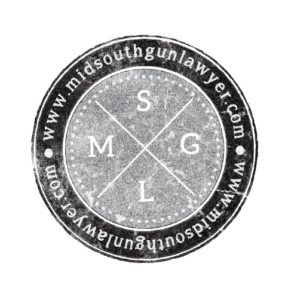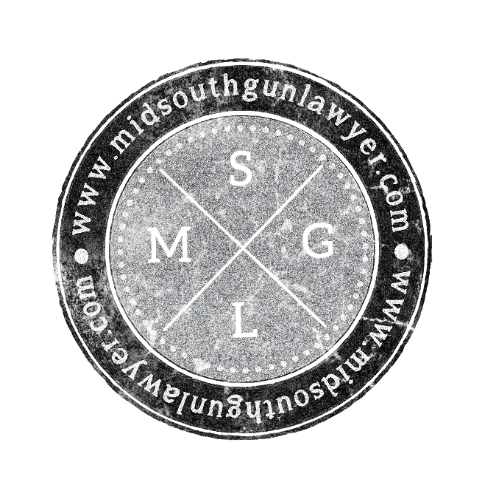On June 7, 2018, the Mississippi Supreme Court strongly rebuffed a sua sponte order entered by the chancellors of the Fourteenth Chancery District which purported to define a “courtroom” but was in effect a prohibition on enhanced concealed carry licensees carrying a firearm anywhere in a courthouse (as opposed to a courtroom). I am pleased to have written an amicus brief submitted on behalf of the National Rifle Association (NRA).
This order is similar to the orders entered in many, if not most, other courts in response to the enhanced carry law passed several years ago. Those orders are not directly struck down by this decision but there is no doubt they are all invalid. Should the reader become aware of any courthouse seeking to enforce a similar order after June 7, 2018, please let me know.
Quoting from the majority opinion:
¶8. A plain reading of these provisions in our Constitution renders the orders unconstitutional on their face, for “no set of circumstances exists under which the [orders] would be valid.” . . . Applying this standard to the present case, the chancellors’ orders, as they currently are written, could never be constitutional. The Mississippi Constitution vests only the Legislature with the authority to regulate or forbid carrying concealed weapons. The ordersat issue usurp that power.
¶17. The chancellors may have good and noble intentions, and their concerns are wellfounded. However, their personal fears and opinions do not trump, and cannot negate, constitutional guarantees. The ultimate outcome of today’s issue is reserved for the Legislature, not to be commandeered by unilateral local judicial proclamations. Courts must give more than lip service to the rule of law; they must insist upon its lawful application. Judges cannot allow their sense of superior knowledge, perceptions, or understandings to justify open defiance of the very laws that they are called upon to uphold. Indeed, we have held repeatedly that courts are guardians of the Constitution, not guardians of the courthouse. Without question, the orders defy existing law and seek to exercise a power that plainly is reserved for the other branches of government. The orders contain no authority to suggest otherwise. The law of Mississippi is clear: enhanced-carry licensees are permitted to possess a firearm in courthouses. No matter how well-intentioned, judges are without the power to limit enhanced concealed-carry licensees’ right to carry a firearm beyond courtrooms in the State of Mississippi. The orders are vacated.

